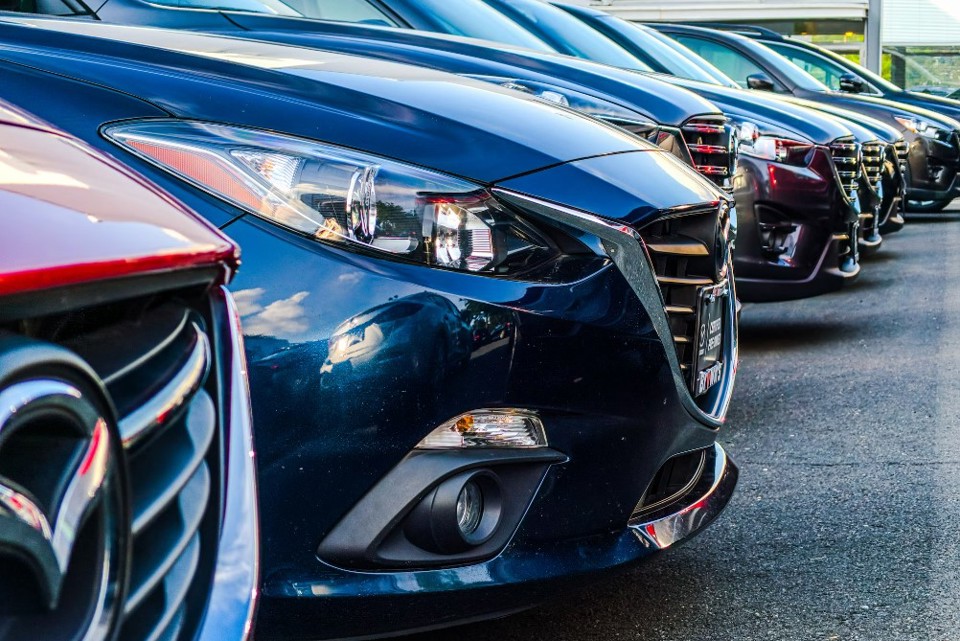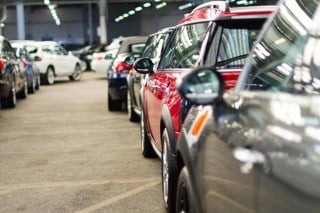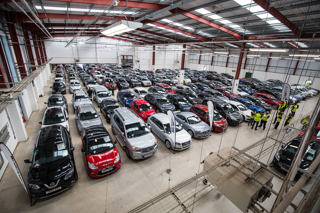Just when dealerships thought the supply pipeline might be easing, new research points to the risk of remote working delaying the entry of used car stock due to fleets holding on to cars longer.
The post-pandemic growth in working from home has resulted in almost one in four fleets (23%) expecting to lengthen company car lease contracts, new research from the latest Arval Mobility Observatory Barometer reveals.
It surveyed businesses who have introduced or extended working from home since the start of the pandemic and found that the move towards contract extensions is more pronounced among larger companies with more than 1,000 employees (38%) compared to the smallest with fewer than 10 (24%).
Shaun Sadlier, head of Arval Mobility Observatory in the UK, explained that a number of trends have converged following the pandemic. “The most important is that some fleets are now covering markedly fewer miles, allowing them to operate vehicles for longer without higher mileage becoming an issue.
“Home working is one of the main reasons for this trend. If people aren’t driving to work at least some of the time, their cars are simply not accumulating the same kind of mileage as when they commuted more often, and those vehicles can be operated for potentially quite a lot longer, perhaps a year or more.”
Longer leases are also generally lower cost on a month-by-month basis, providing fleets with financial incentives.
Sadlier says this is true up to the point where maintenance becomes an issue, when the potential for major component failure becomes a likelihood.
Interestingly, some businesses surveyed (14%) believe that homeworking will lead to a reduction in contract lengths, with activity this time concentrated towards smaller fleets (22%) compared to the largest (4%).
“Presumably, these businesses have run the figures and found that for the kinds of cars that they operate and the lower mileages they are covering, it makes financial sense to replace them more regularly,” said Sadlier. “However, we have seen very few cases of this happening at Arval in the UK.”




















Login to comment
Comments
No comments have been made yet.